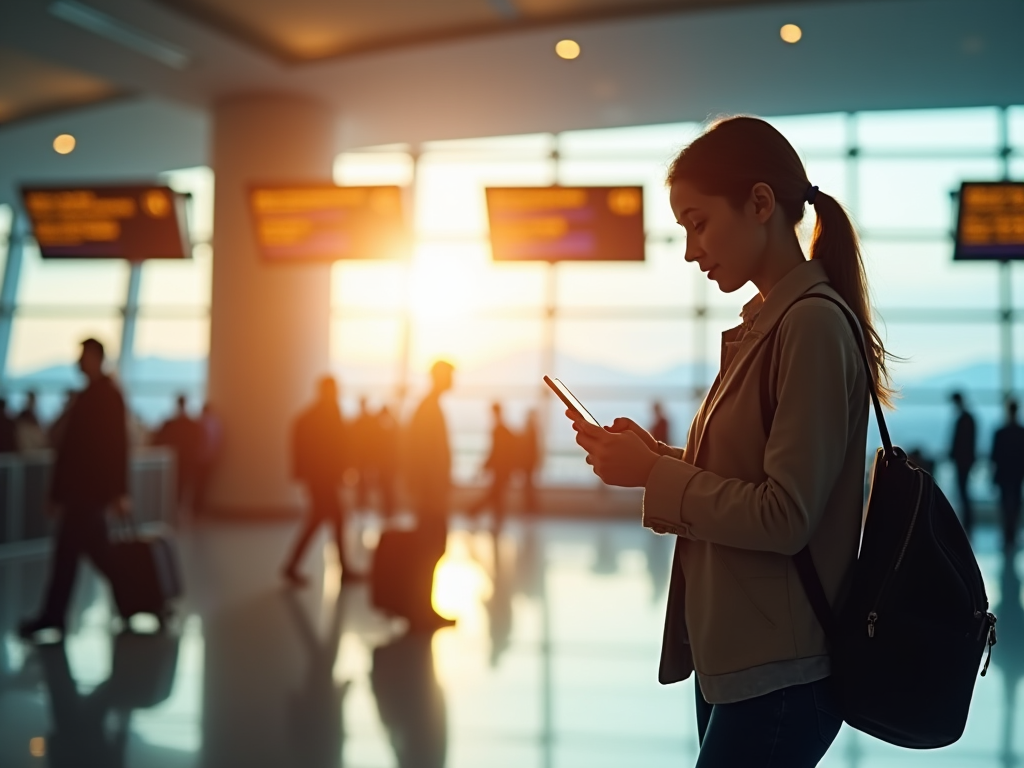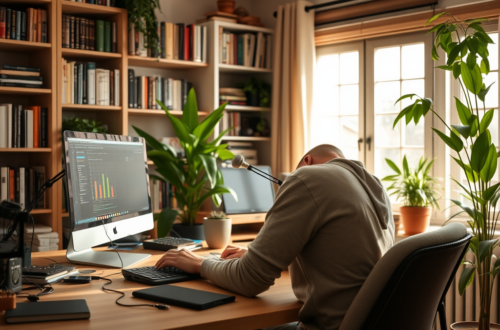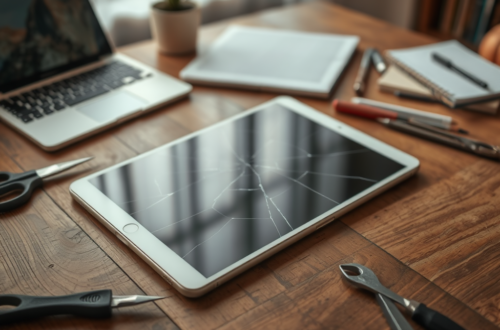In a world where technology has made travel more convenient than ever, your iPhone is undoubtedly an invaluable tool. From navigating unfamiliar cities to keeping in touch with loved ones, our smartphones are an extension of ourselves. However, when it comes to traveling, they can also be a potential target for thieves and cybercriminals. That’s why understanding how to protect your iPhone and your personal data while on the go is essential. Adopting smart security measures before and during your travels can significantly mitigate risks, allowing you to focus on making memories instead of worrying about your device. This guide will provide you with efficient strategies to secure your iPhone and safeguard your sensitive information while you explore the world.
Importance of Cybersecurity While Traveling
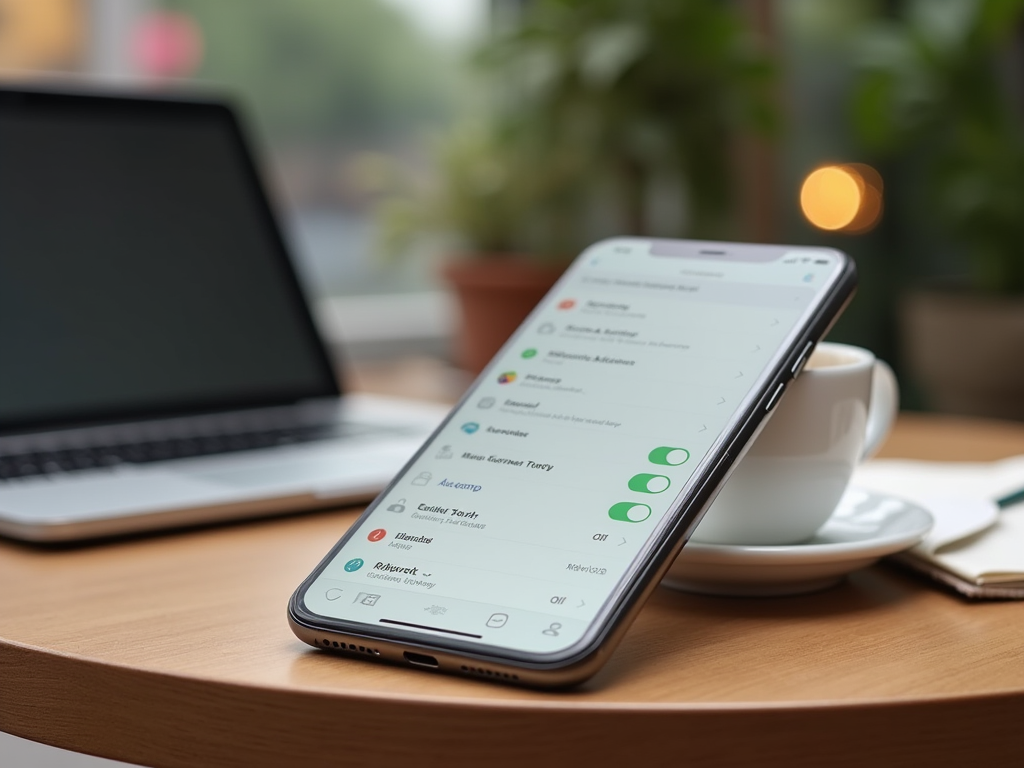
As we delve into the age of connectivity, the importance of cybersecurity has never been higher, especially when traveling. Your smartphone holds a treasure trove of personal information, from banking details to precious photos. When you disconnect from the familiar security of your home, the potential for data breaches and theft grows exponentially. Public Wi-Fi networks and crowded areas create a fertile ground for cybercriminals, making it critical to prioritize your digital safety. Engaging in safe practices and staying informed empowers you to navigate the globe without compromising your privacy. Remember, a little caution can go a long way in ensuring a worry-free trip.
Securing Your Device Before You Leave
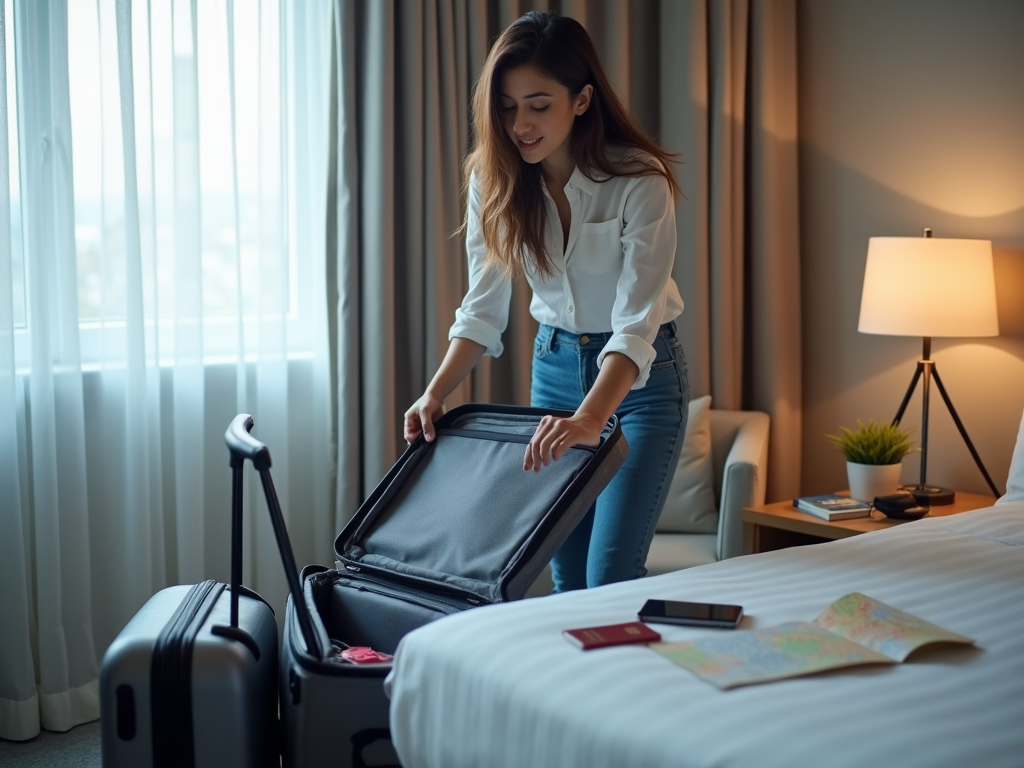
Before you embark on your journey, taking proactive measures to secure your iPhone is crucial. Start by keeping your device updated, as software updates often contain important security patches. This simple step helps defend against vulnerabilities that hackers may exploit. Additionally, consider enabling two-factor authentication for all your accounts. This extra layer of protection makes it much harder for anyone to access your sensitive data, even if your password is compromised. Another essential step is to back up your data regularly. Whether through iCloud or your computer, ensuring that you have a copy of your important files can save you from losing them if your phone goes missing.
- Update Your Phone Software
- Enable Two-Factor Authentication
- Back Up Your Data
Pitfalls of Public Connectivity
When you’re on the road, you may be tempted to connect to various Wi-Fi networks to save on data usage. However, the convenience of public Wi-Fi comes at a significant risk. It is crucial to recognize and avoid connecting to unsecured networks whenever possible. If you do need to use public Wi-Fi for any reason, employing a virtual private network (VPN) can provide the protection you need. A VPN encrypts your data, enhancing security and privacy while you browse. But what should you keep in mind when utilizing public networks? This table outlines some key security measures to follow.
| Security Measure | Description |
|---|---|
| Disable File Sharing | Prevent accidental sharing of files between devices while connected to public Wi-Fi. |
| Use a VPN | Encrypt your internet connection to protect your data from potential eavesdroppers. |
| Check Website Security | Only log into secure websites; look for “https://” in the URL. |
Being Cautious About Apps and Permissions
The apps installed on your iPhone can significantly impact your device’s security. Therefore, downloading only trusted applications should be a priority when preparing for your travels. Reputable apps typically come from known developers and undergo rigorous security checks. Additionally, be vigilant about the permissions each app requests. Regularly reviewing app permissions allows you to ensure that you’re not sharing unnecessary information. For instance, if a weather app asks for camera access, it’s wise to question its necessity. Your data’s safety lies in your hands, making it imperative to only grant access to features that directly contribute to an app’s core functionality.
- Download Only Trusted Apps from the App Store
- Regularly Review App Permissions
- Disable Unnecessary Features
Keeping Your iPhone Physically Secure
While it’s easy to focus solely on digital security, physical security is equally important. Use a secure lock code, and consider the added benefit of biometric options available on iPhones, such as Face ID or Touch ID. This ensures that even if your device is in someone else’s hands, your information remains protected from prying eyes. Always be aware of your surroundings and aim to keep your device in a secured location, such as an interior pocket or a zipped bag. When in crowded places, utilize additional security measures, including a money belt if necessary. Simple yet effective methods can greatly reduce the chances of theft.
If your iPhone were to get lost or stolen, preparation can make a world of difference. One of the most vital features to enable is “Find My iPhone,” allowing you to track your device remotely. This tool can work wonders in potentially retrieving lost devices. Moreover, if theft occurs, make sure to report it to local authorities as well as your mobile carrier, which can provide additional support. The more proactive you are before travel, the better prepared you’ll be to handle any unfortunate events.
Conclusion
Embarking on a journey shouldn’t mean surrendering your personal data or iPhone security. By implementing robust measures both before and during your travels, you can enjoy a worry-free experience. Keeping your device updated, utilizing safe internet practices, being choosy with apps, and ensuring your phone’s physical security are all crucial strategies. These steps not only protect you but also provide peace of mind, allowing you to focus entirely on experiencing new adventures. Remember, the world is out there waiting for you; let nothing hold you back from embracing it.
Frequently Asked Questions
- What should I do if my iPhone is lost while traveling? Use “Find My iPhone” to track it. If you can’t find it, report it to local law enforcement and your carrier.
- How can I secure my iPhone against online threats? Keep your software updated, use strong passwords, enable two-factor authentication, and consider using a VPN.
- Is it safe to use public Wi-Fi? Public Wi-Fi is risky; avoid it for sensitive transactions. If you must use it, connect through a VPN.
- What apps should I avoid while traveling? Avoid apps that require excessive permissions or that are not from reputable developers.
- Can I trust hotel Wi-Fi networks? Hotel Wi-Fi networks can be insecure; if possible, use your mobile data instead or a personal hotspot.
